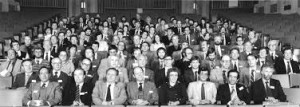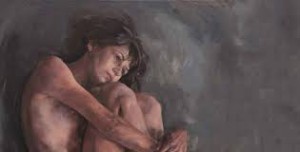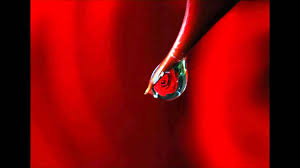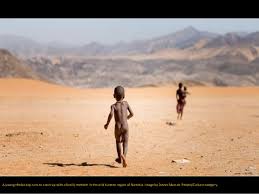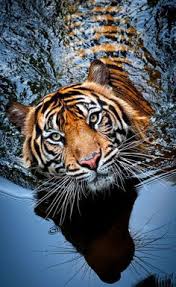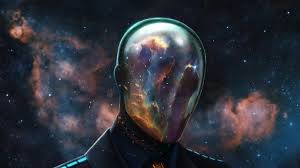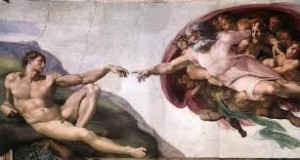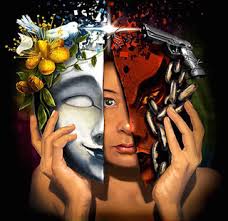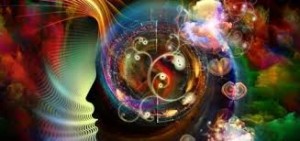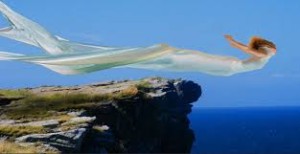Events do not exist in the concrete, done-and finished versions about which we have been taught, then memory must also be a different story. Remember the creativity and the open-ended nature of events.
The original happening is experienced from a different perspective on the a part of each person involved, of course, so that the event’s implications and basic meanings may differ according to the focus of each participant. That given event, in our terms happening for the first time, say, begins to “work upon” the participants. Each one brings to it his or her own background, temperament, and literally a thousand different colorations — so that the event, while shared by others, is still primarily original to each person.
The moment it occurs, it begins to change as it is filtered through all of those ingredients, and it is minutely altered furthermore by each succeeding event. The memory of an event, then, is shaped as much by the present as it is by the past. Association triggers memories, of course, and organizes memory events. It also helps color and form such events.
We are used to a time structure, so that we remember something that happened at a particular time in the past. Usually we can place events in that fashion. There are neurological pockets, so to speak, so that biologically the body can place events as it perceives activity. Those neurological pulses are geared to the biological world we know.
In those terms, past or future-life memories usually remain like ghost images by contrast. Overall, this is necessary so that immediate body response can be focused in the time period we recognize. Other life memories are carried along, so to speak, beneath those other pulses — never, in certain terms, coming to rest so that they can be examined, but forming, say, the undercurrents upon which the memories of our current life ride.
When such other-life memories do come to the surface, they are of course colored by it, and their rhythm is not synchronized. They are not tied into our nervous system as precisely as our regular memories. Our present gains its feelings of depth because of our past as we understand it. In certain terms, however, the future represents, say, another kind of depth that belongs to events. A root goes out in all directions. Events do also. But the roots of events go through our past, present, and future.
Often by purposefully trying to slow down our thought processes, or playfully trying to speed them up, we can become aware of memories from other lives — past or future. To some extent we allow other neurological impulses to make themselves known. There may often be a feeling of vagueness, because we have no ready-made scheme of time or place with which to structure such memories. Such exercises also involve us with the facts of the events of our own life, for we automatically are following probabilities from the point of our own focus.
It would be most difficult to operate within our sphere of reality without the pretension of concrete, finished events. We form our past lives now in this life as surely as we form our future ones now also.
Simultaneously, each of our past and future selves dwell in their own way now, and for them the last sentence also applies. It is theoretically possible to understand much of this through an examination-in-depth of the events of our own life. Throwing away many taken-for-granted concepts, we can pick a memory. But try not to structure it — a most difficult task — for such structuring is by now almost automatic.
The memory, left alone, not structured, will shimmer, shake, take other forms, and transform itself before our [mental] eyes, so that its shape will seem like a psychological kaleidoscope through whose focus the other events of our life will also shimmer and change. Such a memory exercise can also serve to bring in other-life memories. Edges, corners, and reflections will appear, however, perhaps superimposed upon memories that we recognize as belonging to this life.
Our memories serve to organize our experience and again, follow recognized neurological sequences. Other-life memories from the future and past often bounce off of these with a motion too quick for us to follow.
In a quiet moment, off guard, we might remember an event from this life, but there may be a strange feeling to it, as if something about it, some sensation, does not fit into the time slot in which the event belongs. In such cases that [present-life] memory is often tinged by another, so that a future or past life memory shreds it cast upon the recalled event. There is a floating quality about one portion of the memory.
This happens more often than is recognized, because usually we simply discount the feeling of strangeness, and drop the part of the memory that does not fit. Such instances involve definite bleed-throughs, however. By being alert and catching such feelings, we can learn to use the floating part of the otherwise-recognizable memory as a focus. Through association that focus can then trigger further past or future recall. Clues also appear in the dreaming state, with greater frequency, because then we are already accustomed to that kind of floating sensation in which events can seem to happen in their own relatively independent context.
Dreams in which past and present are both involved are an example; also dreams in which the future and the past merge, and dreams in which time seems to be a changing ingredient.
In certain terms the past , present, and future [of our present life] are all compressed in any given moment of our experience.
Any such moment is therefore a gateway into all of our existence. The events that we recognize as happening now are simply specific and objective, but the most minute elements in any given moment’s experience is also symbolic of other events and other times. Each moment is then like a mosaic, only in our current life history we follow but one color or pattern, and ignore the others. As I have mentions [in other blogs], we can indeed change the present to some extent by purposefully altering a memory event. That kind of synthesis can be used in many instances with many people.
Such an exercise is not some theoretical, esoteric, impractical method, but a very precise, volatile, and dynamic way of helping the present self by calming the fears of a past self. That past self is not hypothetical, either, but still exists, capable of being reached and of changing its reactions. We do not need a time machine to alter the past or future.
Such a technique is highly valuable. Not only are memories not “dead,” they are themselves ever-changing. Many alter themselves almost completely without our notice. While the bare facts more or less the same, the entire meaning and interpretation of each version differs so drastically that those differences far out-weigh the similarities.
In most cases, however, people are not aware that memory changes in such a fashion, or that the events they think they recall are so different.
The point is that past events grow. They are not finished. With that in mind, we can see that future lives are very difficult to explain from within our framework. A completed life in our terms is no more completed or done than any event. There is simply a cutoff point in our focus our framework, but it is as artificial as, basically, perspective is applied to painting.
It is not that the inner self is not aware of all of this, but it has already chosen a framework, or a given frame of existence, that emphasizes certain kinds of experiences over others.

















